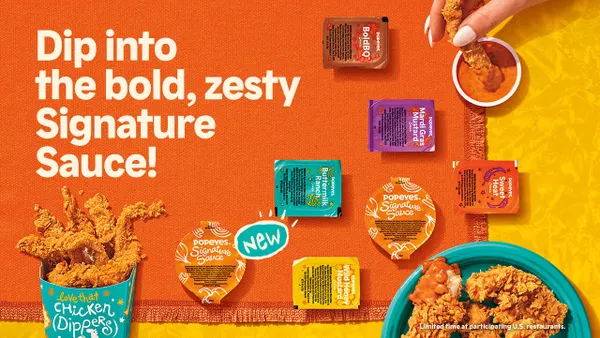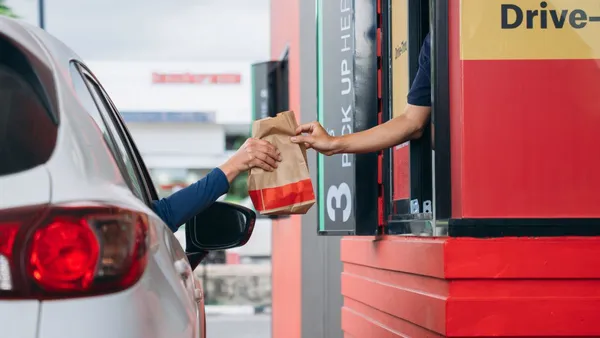Dive Brief:
- Philadelphia lawmakers voted to require most retail stores to accept cash starting in July, making it the first major U.S. city to ban cashless stores, according to the Wall Street Journal.
- A New York City councilman is pushing similar legislation and New Jersey’s legislature recently passed a bill banning cashless stores. Massachusetts is the only state that requires retailers to take cash.
- This news comes as Amazon forecasts opening 3,000 cashless Amazon Go convenience stores in metropolitan areas by 2021.
Dive Insight:
Bans on card-only payments aren't anything new, but they are becoming more prevalent, with retailers shifting to cashless options. Massachusetts has had a law on the books for nearly 40 years that says retailers cannot "discriminate against a cash buyer by requiring the use of credit." But the law isn't enforced, and several retailers have already pushed forward cashless payment options.
Additional legislation like Philadelphia's ban will have the biggest impact on completely cashless concepts like Amazon Go or Sweetgreen .
But such legislation doesn’t necessarily mean retailers and restaurants should stop investing in cashless technology like kiosks or mobile payments. In 2016, for example, the mobile payments market was valued at $601 billion. This year it is expected to cross $1 trillion.
How big its impact will be on consumers — or whether or not they'll care — is yet to be seen. More than likely, they just want their payment process to be quick, easy and secure. While technology facilitates the ease and speed pieces, the security component is up in the air. Cashless concepts enable credit card providers and banks to not only track consumer spending and implement fees, it also creates more vulnerability for data breaches.
Further, there have been cries of classism in going cashless. Not every consumer, for example, has a bank account or can afford mobile payments technology. This may have been a major impetus behind the Philadelphia decision, as 26% of city residents live below the poverty line and may not have a bank account, according to the Wall Street Journal.
In describing his sponsorship to ban cashless stores, New York City Councilman Ritchie Torres said it's not a fad, but more the future and why there is a need for a legislative response. Indeed, 92% of U.S. adults have made or received noncash payments.
As jurisdictions take the initiative to ban cashless concepts, it wouldn't be surprising to see Amazon leverage its deep pockets to fight back. Right now, however, the only thing that's clear about this fledgling space is that there are two sides with legitimate concerns. As digital usage grows, retailers that embrace a two-tiered omnichannel approach (brick and mortar and digital) will have a competitive advantage. At this point, the same can be said of retailers that cater to consumers who prefer cash and those that don't, especially since 45% of consumers who have rewards credit cards prefer to use cash for transactions less than $10.












